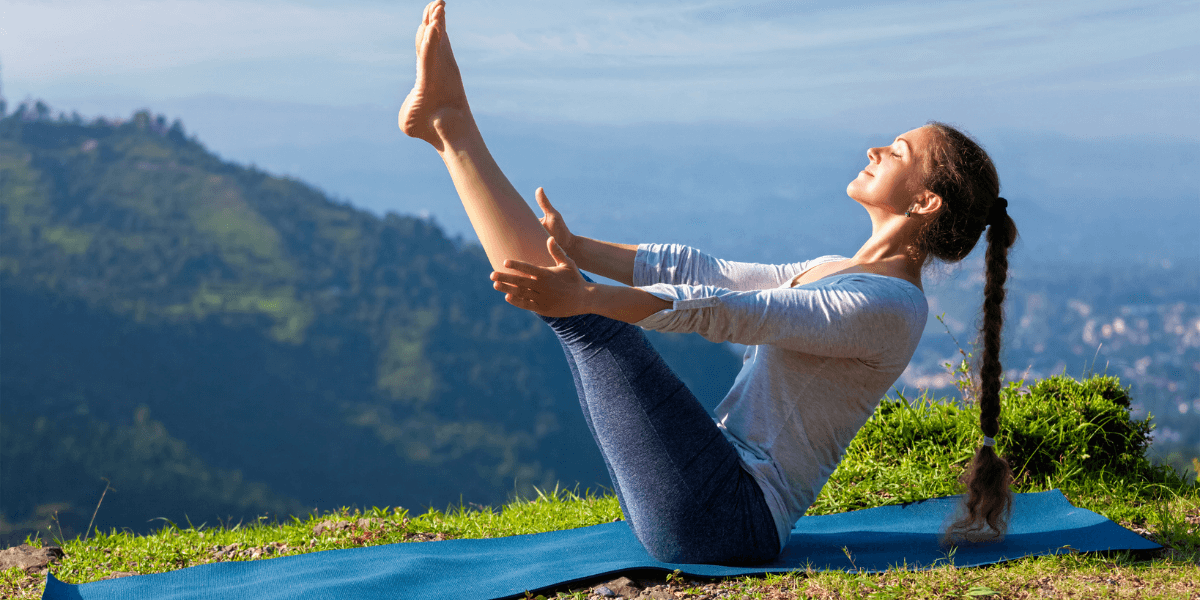The traditional meaning of the word Hatha is “force,” therefore it’s no surprise that Hatha yoga is rooted in movement and asana. Another rooting principle of Hatha yoga is meditation and mindfulness. In order to practice Hatha yoga, one must be aware of both their mental and physical state as they move through a flow.
History of Hatha Yoga
Hatha Yoga dates back to the 11th-century founder of the Kanphata Yogis, Gorakhnath. There are even records of Hatha Yoga dating as far back as the second century B.C.E. to the era of Patanjali, a legendary author of the Hindu classics and sutras.
Principles of Hatha Yoga
The path of Hatha yoga has eight limbs, according to Patanjali’s Yoga Sutras, however, the first two limbs, the Yamas and Niyamas, are regretfully excluded. This is why Hatha Yoga is now called a six-limb yoga practice (Shatanga Yoga). These six limbs include:
- Asana – A stable, relaxed state of mind and body (Yoga postures)
- Pranayama – Breathing exercises for controlling prana (vital life force energy)
- Pratyahara – The process of withdrawing from sensory input
- Dharana – Focusing the mind on a single point, also known as concentration
- Dhyana – Meditation or self-observation
- Samadhi – Liberation from Maya (Enlightenment or bliss)
These six limbs provide a method for soothing the mind and seeking relief from suffering. Although physical strength, physiological health, and emotional well-being are all benefits of Hatha yoga, the ultimate goal is to grasp the nature of the inner self by transcending identification with the body-mind-intellect complex.
Benefits of Hatha Yoga

Stress Reduction
Research published in the Journal of Nursing Research in 2013 indicated that participating in a single 90-minute Hatha yoga session reduced stress. Also according to the study, practicing Hatha yoga on a daily basis can dramatically lower perceived stress.

Better Balance
Those who underwent a five-month hatha yoga program improved their postural control, according to a small 2014 study involving 34 men. The authors conclude that hatha yoga training can help people improve their body balance based on their findings.

Fitness Improvements
Numerous studies, including one published in the Journal of Physical Therapy Science in 2015, demonstrate that practicing Hatha yoga increases spine and hamstring flexibility. A 12-week hatha yoga practice has positive impacts on various aspects of fitness, including aerobic endurance, muscle strength and endurance, and flexibility, according to a 2015 study of Chinese people. Hatha yoga is also recommended by the experts for elderly persons who want to improve their joint range of motion.

Reduced Depression Symptoms
The levels of feel-good neurotransmitters like serotonin and gamma-aminobutyric acid can be increased by practicing yoga. A 2018 study found that just 12 sessions of regular Hatha yoga practice can dramatically reduce anxiety and depression levels.



